Undercover Economist
When I am teaching courses in political science, I often talk about my “Top 10 list” of favorite political scientists. As much as I enjoy High Fidelity (both the book and the film), I’m not typically a fan of “Top 10” lists because they tend to shift a lot over time as people get exposed to new, and old, stimuli. If I was to even attempt a Top 10 Best Westerns list, my answers today and tomorrow would likely be different. Both lists would include excellent films, and there would be overlap, but it is very likely that the lists would be very different. This hasn’t really been the case with political science because my Top 10 Political Scientists list isn’t about who I think are the “best Political Scientists of All-Time,” rather it’s a list of those who have most shaped how I approach political questions and my own research.
In case you are wondering, Jane Mansbridge is in my top spot. Her work on deliberation has been central to how I view most questions and provides a normative foundation for all of my personal research. I am a convert to the value of democratic deliberation. Her book Beyond Adversary Democracy is a must read and that it was written long before our current age of political polarization speaks volumes about her prescience.
Long time readers know that I have favorite public mathematician (Hannah Frye) and a favorite public mathematical comedian (Matt Parker). I also have a favorite “tabletop roleplaying gamer turned economist.” This list tells me a couple of things. First, maybe I’m not as opposed to Top 10 lists as I make out. Second, that I’m always willing to parse a topic into an even narrower category if it allows me to share another favorite.
So, who is my Favorite Tabletop Roleplaying Gamer Turned Economist? It’s the English “popular” economist Tim Harford. When I first read Tim Harford’s book The Undercover Economist, it opened my eyes about a couple of things and saved me a couple of dollars too. One of the things that Harford points out in his book is that it is possible to buy inexpensive items at premium grocery stores like Whole Foods. You just have to know how to look at the store’s layout and keep in mind who they are selling to. Whole Foods sells the “organic” experience to high end price insensitive buyers. This means that their organic items are priced to their customers, and are thus higher priced than organic items at a bargain store. However, if you walk to the other side of the organic strawberries to Whole Foods’ non-organic alternative it will either be the same cost as the bargain store, or even cheaper. This is even more true of their “non-specialty” and store brand milk and dairy products.
I don’t know if this trend still holds true, the “local” Whole Foods is further away than any savings would be gained, but it was true at the time and it made me look at store layouts in a new way. For example, the center aisle of Walmart is filled with their rollback price bargains. They are place here for two reasons. The first is to get you to see items, say sodas, that are on your shopping list (or are seasonal) and to get you to want to buy them. Sodas in general and not necessarily the sodas being “rolled back.” The second is to take up space that causes you to redirect your path to go down the aisles where the more expensive, i.e. non-roll back items, are located.
This is how a bargain store approaches product placement. A non-bargain store, like Sheel’s for example, will place the high end item as the first product a customer sees. This way, if they are in a hurry and are price insensitive, the store gets a higher sale. If, however, the shopper is a “bargain hunter” with a budget, they can be convinced by a $1,500 Pizza Oven they saw in the general area that the $150 Pizza Oven further down the aisle is a bargain that they need. There is a lot of psychology behind the organization of retail stores and Harford, and my MBA, got me thinking about that a lot.
Harford’s books Adapt: Why Success Always Starts with Failure and The Data Detective were also greatly enjoyable. In fact, I highly recommend The Data Detective as it provides a wonderful introduction for the average person regarding how to understand statistical information in front of us. It’s first chapter is a reference to the classic Darrell Huff book How to Lie with Statistics. Huff’s book is a must read and so too is Harford’s.
Even though I’m always on the lookout for new ways to teach people about statistics, and the dangers of Spurious Correlations, Harford’s book was the first time I had been introduced to Dr. Robert A. J. Matthews’s article Storks Deliver Babies (p=0.008). The article provides a wonderful introduction to spurious correlations and the potential to over-rely on p-values. I’ve reproduced the graph from the paper below using Matthew B. Jane’s excellent ThemePark package for R.
As you can see from the image above, the more Stork Breeding pairs in a community, the higher the average birthrate. Therefore, Storks Deliver Babies.
In addition to being a fun economist to read, Harford was also an active member of a role playing group that created one of my favorite table top roleplaying games, but more on that later.
Weekly Film Article Cavalcade
The Lamentations of Luke Y. Thompson
The Sonic the Hedgehog movies have been surprisingly entertaining, especially after the disappointing and thankfully corrected initial character design. Sadly, according to Luke Y. Thompson’s review over at SuperHeroHype, it appears that the new Knuckles television show on Paramount+ channels fails to deliver on many levels. One of the key failures is trying to channel Gen X nostalgia for a franchise that has its most hard core fanbase in the Millennial generation.
This weekend’s big release is Boy Kills World starring Bill Skarsgard. It’s grindhouse gory action film that the trailer promised would be a weird breakfast cereal version of The Running Man. I’m kind of down with that idea, but any fantasies I had about that potential are blasted into oblivion when Luke Y. Thompson reveals that’s only a small part of the film in his review for SuperHeroHype.
As much as our modern society cringes at the thought of the slightest spoiler, this reveal is exactly the kind of necessary spoiler a reviewer should give. While Luke revealed a plot twist, the plot twist he revealed was a point of betrayal of audience expectations. Luke began his article saying that Boy Kills World had many elements that should have made the film vibe with him and yet it failed to do so. It promoted itself as a gonzo grindhouse martial arts mashup with a potentially inventive story, but in the end failed to deliver except in delivering the promised gore.
Given that films like The Night Comes for Us, Oldboy, and The Man from Nowhere exist, there is no room for a martial arts grindhouse film that delivers only gore. All three of those have compelling storylines and well presented martial arts scenes. Two of them are among my all-time favorite martial arts films, sorry Oldboy rubs me the wrong way, in part because they demonstrated how adding compelling plots to unrelenting action provides a thoroughly exhausting catharsis.
Luke’s review, and disappointment, remind me of when I saw Shoot ‘Em Up at Comic Con in 2007. The film had a great cast and advertised non-stop action. For a while, I thought it would deliver. You can see the trailer to see why.
In the end, the film became so over the top goofy and fetish oriented that I left disappointed. When I watched Hardboiled, I knew that some of the moments I found a bit goofy were gaps in cultural references, but with Shoot ‘Em Up the goofy bits were just goofy. I wanted an action film similar to what John Wick would deliver seven years later, instead I got a mash-up of 70s sex comedy with Hong Kong action film. I only wanted the second half of that equation. They could have left moments best left to Scott Baio and Willie Aames to the past. I’m not saying that Boy Kills World was that disappointing to Luke, he did give it a middling but “rotten” grade, but he still found it lacking.
Luke’s been trying to create a TikTok identity with his “I am a Gen-X Film Critic” series of shorts. He’s got two entries in that series so far and while the first joke in the new one doesn’t hit as hard as I think a lead off joke should, there are some really tightly written bangers in there with some hilarious commentary on a certain kind of YouTuber/TikTok critic. Given the way the snippets are edited together, I almost think this would work better as a series of single panel cartoons than as a video. As I wrote, a lot of the jokes in the string of jokes are tightly written, tight enough for single panel cartooning. I know that everyone thinks that video is the future, but I’m still a fan of a lot of analog things — especially comics.
Courtney Howard’s View from the Center Seat
A while back, Luke and I had a brief online conversation regarding the current status of faith-based film making in American cinema. A part of that discussion was an engagement with Scott Mendelson’s podcast and back and forth about why it seems so many faith based films are mean. I pointed out a couple of historical faith based films, in particular Going My Way, that advanced the argument for faith without the anger of a God’s Not Dead.
Courtney Howard’s recent review at Variety of Unsung Hero shows that it is still possible to make a traditional faith based tale that is “in the world, but not of it” as I find many of the reactionary films to be. Her review, in addition to making me want to see Unsung Hero, brought to mind Jeff Bridge’s recent film Crazy Heart. It was a film that blew me away at the time with its combination of Alice Doesn’t Live Here Anymore small town reality and a moral center that focused on the substance of faith without the overt elements.
In general, a brief period of ironically watching Skillet videos as an undergraduate, I’m entirely clueless regarding Christian music, but Courtney’s review of this film makes me a little more interested in it.
Mendelson’s Melodic Meanderings
has the audacity to question the power of the Twister franchise in his latest podcast over at . To be fair, Bill Paxton, Philip Seymour Hoffman, Helen Hunt, and the rest of the cast are 95% of why Twister worked. But for my wife Jody and me, Twister is still “our movie” and we’re all in for that sequel, even if I know that it likely won’t catch on with audiences.“Cow…another cow…”
A Political Scientist Watches Civil War
There’s been a lot of talk about what Civil War is as a film. As
’s review highlights, taking a side in current culture wars is not what the point of the film. Instead, the film is about the ethics of war journalism in general and it uses a sensitive topic to address that issue.Seth is one of my favorite, though not Top 10 (see above), political scientists. One of my rules is “read all Seth Masket articles.” His insight into Civil War as a story about the ethics of war journalism is spot on and the film is worth watching for that alone. In my political communications class, this was one of the films we talked about last week.
Glimpses from the Substackosphere and Bloggerverse
’s newsletter is always worth a read, as is his current run on the Conan comic. Given that the focus of his latest is on how his life is lived in semesters, it really resonated with me.Once again
seems to be reading my mind, or at least looking at my game shelf, with his latest entry. I’ve long been a fan of the TSR Minigames and was thinking of doing a post about them soon. Saga and Revolt on Antares are among the best microgames ever designed and I think each could provide the foundation for a role playing game. In fact, that’s the line of logic I was going to follow in my post. I’m thinking about doing a microrpg for each. What are your thoughts? has worked on a number of my favorite roleplaying games and I’m glad to see him posting again . In this entry, he write about a couple of projects by old school designers and his own plans for the coming year. It was a fun read and I look forward to reading more of his insights as the year(s) move on. keeps coming along with the bangers. ’s latest covers an interview with Michael Moorcock regarding his music and involvement with the musical industry. Long time Moorcock fans know that Blue Oyster Cult (insert umlauts appropriately) has a couple of Moorcock tunes in their catalog. My personal favorite is Veteran of the Psychic Wars because it truly captures the sorrow of the last of the Vadhagh. Speaking of which, I need to reread the Swords Trilogy.I really enjoyed reading
examination of the video games that best emulate “Old School” D&D. I differ in my final answer from the analysis in the article, my Old School experiences were rarely sandbox in nature and were very much emulated by Bard’s Tale and Wizardry. That doesn’t take away from this article at all though, because it’s a detailed and in depth examination of the question. Well worth your time. has an interview with Ed Greenwood this week and for a certain generation of D&D fans that’s all that needs be said. Let’s just say that for me, and likely many others who grew up on 2nd Edition AD&D, Ed Greenwood is our Matt Mercer. He shaped the way we view and play D&D. He built a world we love deeply. It’s not the only world we love, but my God is there so much to explore there.Back when I was program director for a non-profit, I wanted to host a panel discussing the morality of music and video game piracy and the legal questions surrounding it. I asked my friend Ben Sheffner who would be a good person to talk on the issue and he unhesitatingly recommended Chris Castle as a panelist. Chris had a depth of knowledge of the legal issues, and enough experience on the creative side of things, that the young people in attendance found him to be the most engaging person on the panel. Even those who disagreed with him strongly had tremendous respect for him.
Chris has written a brief blog post about the state of TikTok and the threat it poses to musicians. His post comes at the issue of TikTok and social media from a very different perspective than the one most people are familiar with. He is approaching it solely from the perspective of the rights of music creators. It’s a brief, but interesting look.
Role Playing Game Recommendation
Are you looking for a game that is easy to understand, has tactical complexity, has room for significant free form storytelling, and has a robust Medieval European (England really) setting with heavy doses of influence from Michael Moorcock’s Elric Saga? Then Dragon Warriors is your game.
The game is a product of British roleplaying game fandom and was designed by Dave Morris and Oliver Johnson. One of the early players of the game was a young college student named…you guessed it…Tim Harford. You can download a Christmas scenario for Dragon Warriors by Tim Harford here.
The game was originally released by Corgi as a series of paperback books (see my copies below) that introduced players and game masters to increasingly complex fantasy topics. The first book focused on combats and melee based classes, the second on magic users, and later books alternated on providing adventures and Sword & Sorcery inspired classes like the Warlock introduced in The Lands of Legend. The class is clearly inspired by Elric and any fifth edition D&D Warlock player would feel pretty comfortable with this class.
Dragon Warriors can be played in a manner that emulates light hearted or grim and gritty Fantasy fiction, but given the lethality of its combat system it does lean more towards the grim and gritty. The game has a number of innovations, the weapon damage system is something you really should check out. Weapons do a fixed amount of damage and after you roll to hit an opponent you roll penetration dice versus an armor’s protection value to see if you damage them at all. Only then do you apply weapon damage. It’s an interesting alteration on the armor as damage reduction paradigm and while it does make combat more tactical and sometimes slower, given the relatively low hit points that characters have in the game that never becomes an issue.
The game’s mechanics were inspired by Steve Foster’s early roleplaying game Mortal Combat, yes Mortal Combat, not Mortal Kombat. Steve has kindly allowed Dave Morris to freely distribute the game and the rules are available at the Fabled Lands website.
While Dave and Oliver now use different rules to play in the Dragon Warriors setting of Legend, I think they are wrong to do so. The mechanics are deeply rooted in the world design, so this is not a generic Fantasy rpg. The rules and setting have a particular feel to them and it is an interesting feel. Oh, and one interesting tidbit, the game was originally published as a series of pocket book sized paperback volumes. I don’t know if it was the first game to be issued that way, but it is a pretty cool way to buy your books. This is not a setting of Orcs and Trolls, unless you want to have a single Troll like that in Beowulf. Yes, the example in the first rulebook includes the obligatory Orc, but given the lethality of the system at all levels of character ability, the game is too desperate for that. Dragon Warriors is best played in the world of Legend and the World of Legend, like so many British RPG worlds, is closer to Robert E. Howard than Tolkien.
Music Recommendations
As you all know, I’m a huge fan of Genesis and I’m particularly fond of their progressive era albums with and without Peter Gabriel. This performance on The Midnight Special of their song The Musical Box shows how weird they really were at the time.
One of the all-time classic Rock-n-Roll bands, one that helped Glam transition into Metal, is KISS. It may have taken them until 2014 to be inducted into the Rock and Roll Hall of Fame, but unlike Iron Maiden they have received the accolades they are due. In some ways, it’s more accolade than they are due. I love KISS, but I can’t help but think that they are better song writers than performers. Yes, Gene has charisma up the wazoo, but every time I hear a talented band cover a KISS song I’m amazed at how great the composition is. I rarely feel that way when I hear KISS play a song. Sure, I rock out like nobody’s business, okay I only rock out part of the day, but still I rock out. Compare this live performance of Deuce in 1975 to the later Lenny Kravitz cover. Sound mix aside, KISS are on stage and Kravitz’s in a studio, the musical performance is just better on the Kravitz version. I’ve had similar experiences watching up and coming bands at small clubs in Los Angeles. They’ll hit a point in their set where they will break out a KISS tune and it will truly kick because KISS write fantastic songs.
Having mentioned Iron Maiden being snubbed by the Hall, I thought I’d highlight another fantastic British band that gets no Hall love. In a year when Cher is being inducted, it’s an outrage that Badfinger aren’t in the hall. Given the high quality of their songs, and their connection to the Beatles, one would think they’d get more Boomer love and Boomer love seems to be what it takes to get in, but sadly they don’t warrant enough to get consideration. They’ve a number of great tunes, including one featured on Breaking Bad, but I’ve always liked Come an Get It. I first heard the song when my dad introduced me to the Peter Sellers comedy The Magic Christian and I’ve been a fan ever since, not just because of the eponymous association. It’s a great song from a band that experienced much tragedy. Check it out.
As you might have guessed from my year plus of Weekly Geekly Rundowns, I love the connection and overlap in high and low art. Many things critics find unworthy (I’m looking at you Speed Racer), I find to be Master Classes in filmic techniques (in the case of Speed it’s and editing Master Class). The “common” is often as good, and even better, than the “high art.” The best artists can make the seemingly inaccessible parts of culture accessible. Mason Williams’ song Classical Gas is a perfect example of that ability. The song is an absolute banger rock tune, but it is also a good classical tune. It is simultaneously an appreciation of what has come before while being very much a product of its “now.”
Classical Gas, of course, draws upon a rich tradition of Spanish classical guitar of which Isaac Albéniz’s amazing Asturias is an iconic example. It’s a beautiful tune that alternates between amazing technical sections and beautifully melodic ones. This performance by Ana Vidovic perfectly captures that balance. I’d be remiss if I didn’t mention, because Bayern Munich play Real Madrid soon in the Champions League, that Isaac Albéniz’s son Alfonso Albéniz was a chemical engineer and the first player to play for both FC Barcelona and Real Madrid.
Returning the the combination of old and new, the Los Lobos and Antonio Banderas opening song for Desperado pays homage to the Spanish classical tradition and is one hell of a fantastic song. A song that was initially denied any consideration from the Oscars because the lyrics were “unintelligible.” By unintelligible, I mean they were in Spanish. I also think it should have been nominated and won in its Oscar year, but sadly no.
Film Recommendation
Finally, we arrive at the weekly film recommendation. If you’re looking at the image below, you might be thinking “Oh, he’s recommending Office Space! Excellent!” You’d be on the right track, I do really like Office Space and think you should watch it if you haven’t, but that’s not what I’m recommending. You see, I was watching Office Space the other day and when I got to the final scene I said to myself, “You know what that looks like? The opening to The Perfect Weapon!”
If Vision Quest is the film that is burned deep into the brain of every wrestler as the film that perfectly encapsulates their experiences (or at least fantasies) as a high school wrestler, then The Perfect Weapon is that film for people who have studied Ed Parker’s Kenpo system. In my case, I experienced the wrestler side, but I had friends and fraternity brothers who experienced the Kenpo side and let me say they were as passionate in their love of The Perfect Weapon as I am with Vision Quest.
I mentioned to regular reader, and friend, Kevin Vasquez that I thought the end of Office Space was similar to the beginning of The Perfect Weapon. In fact, I think I told him that it was now my headcanon that The Perfect Weapon was the sequel to Office Space. Or rather given their release dates that Office Space was a kind of prequel to The Perfect Weapon. That’s how I view them now, as a franchise forever doomed to be watched together in my household.
Keven, being a good friend, quickly put together not 1 but 3 potential edits of the transition, but I picked the most basic one. I think that you’ll agree with me that these films should be considered a franchise.
As I mentioned, The Perfect Weapon is a film that is very special to the American Kenpo community. This is in large part because so much of the action in the film features real Kenpo techniques. While the camera work on the film is done to maximize our ability to see the action as all of the best, but too few of the newer, martial arts films do, the choreography will sacrifice the cinematic for real Kenpo techniques at every opportunity. The film is as much an advertising campaign for the martial art as it is a piece of entertainment. It’s one of my favorite American martial arts films and the focus on real techniques is the main reason for my love of the film, even if creating the narrative situation for them is a bit contrived (I’m looking at you four muggers scene). Jeff Speakman is an excellent martial artist, and a proficient actor, who carries a film that borrows more than a little from the Chuck Norris film Eye for an Eye in its underlying conflict and boss villain.
Regardless, Jeff Speakman “has the power” and his fondness for this role, and his love for Kenpo are readily apparent in this interview he did with martial artist and actor extraordinaire Scott Adkins. Scott’s a better actor, and one amazing martial artist, but we wouldn’t be watching him if it wasn’t for the groundbreaking (yes, groundbreaking) work of actor/artists like Jeff Speakman.





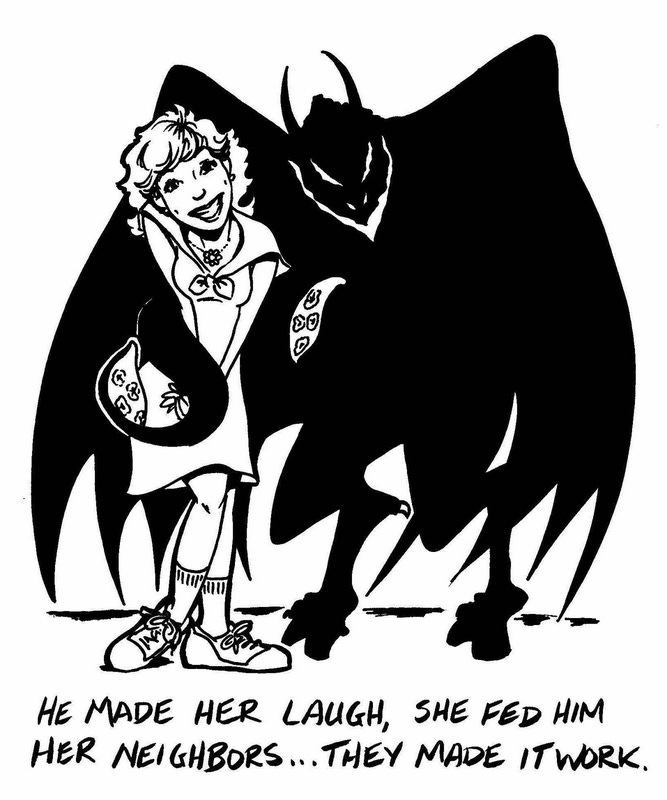
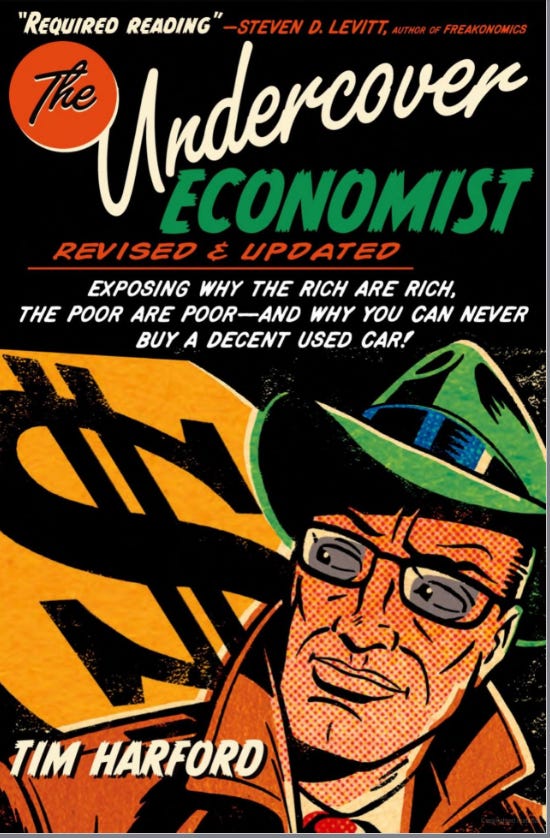
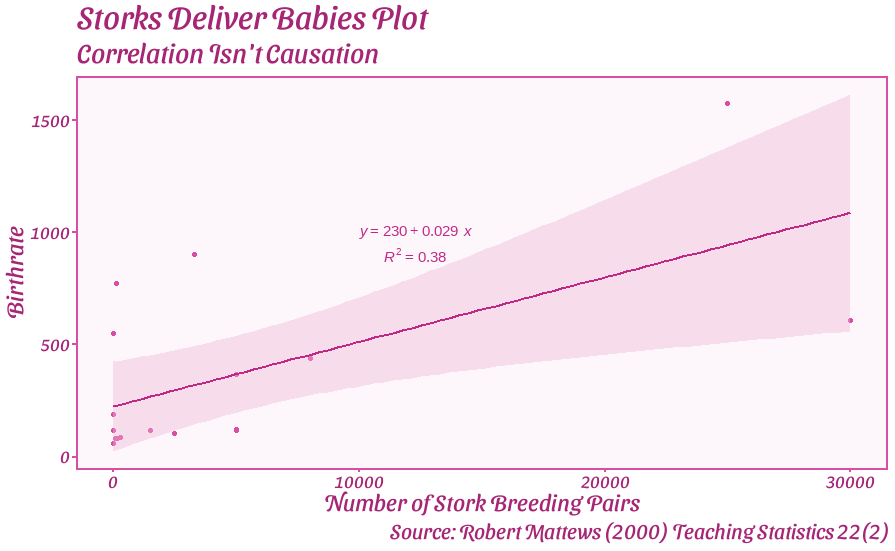







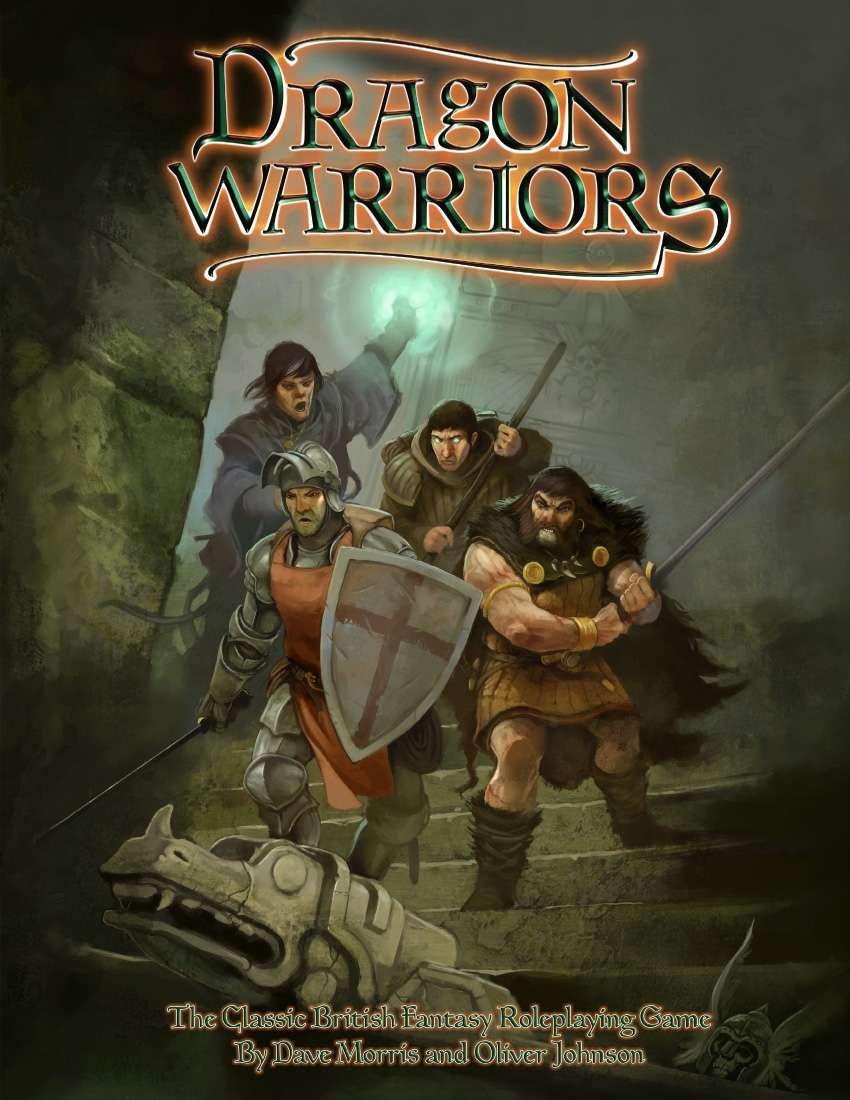
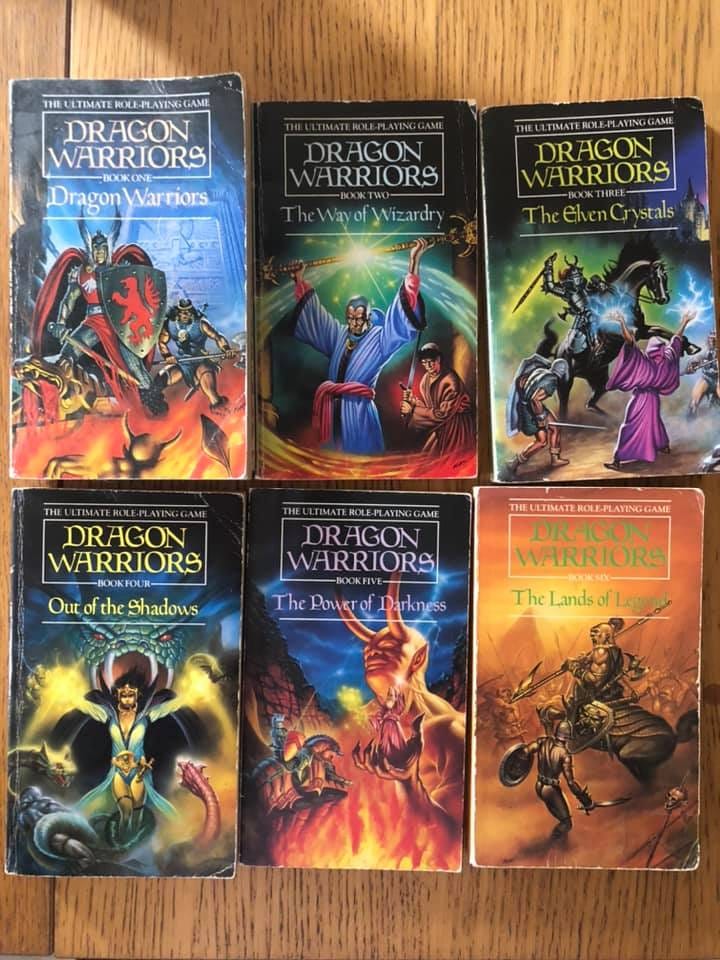
Geez, Christian, it’s going to take me all weekend to listen to or read all these recommendations! Great stuff so thanks.
By the by, TWISTER remains a special film for me as one I watched while flying to London. Any time a tornado appeared on screen, we just happened to hit turbulence. Thus I remember it as a Sensurround movie. ;)
I adore "Veteran of the Psychic Wars", especially the live Buck Dharma solo from the Extraterrestrial Live version. My favorite of the three Moorcock/BÖC collaborations, however, is "Black Blade." Cultösaurus Erectus was the first BÖC album I owned, and I bought the record in 1980 just because of that song. I was already playing D&D and reading sword & sorcery books, and I couldn't believe a song with that subject matter existed.